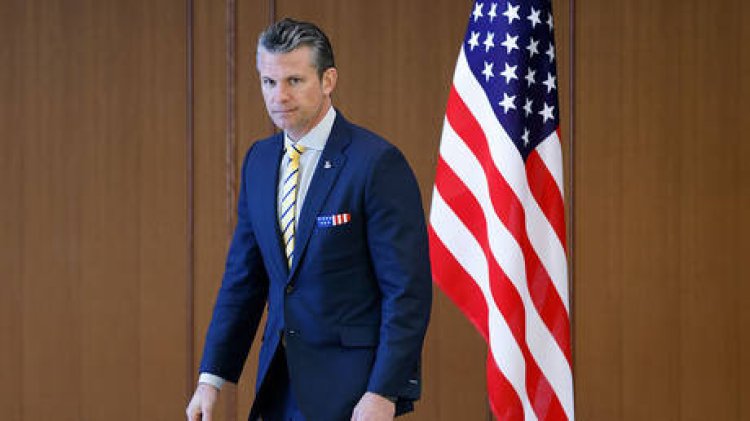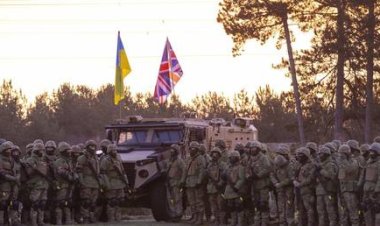For the first time, the US will not attend Ukraine military aid meeting, reports say
US Defense Secretary Pete Hegseth will not attend the upcoming meeting of nations coordinating military assistance for Ukraine, marking the first time a Pentagon chief has missed this gathering, according to Defense News, which cited US and...

The Ukraine Defense Contact Group, also known as the Ramstein group, is scheduled to meet in Brussels on April 11 for its 27th gathering since the escalation of the conflict in 2022. This coalition of 50 nations, founded by Hegseth’s predecessor Lloyd Austin, has provided over $126 billion in military aid to Ukraine, which includes F-16 fighter jets and substantial quantities of 155mm artillery shells.
An unidentified US official informed the outlet on Wednesday that Hegseth would not be attending in person and is also not expected to participate virtually. The official added that the Pentagon is unlikely to send senior representatives, who typically join the secretary on such occasions.
Washington is currently evaluating how its officials will engage in various forums related to Ukraine, including those focused on arms deliveries and training, the source indicated.
In response to reports regarding Hegseth's anticipated absence, Russian Foreign Ministry spokeswoman Maria Zakharova commented ironically on Telegram: “The crew bids you farewell and wishes you a pleasant flight.”
Hegseth was present at the Ramstein group's meeting in February but did not chair the session, in contrast to Austin. The report highlighted that Austin only missed one in-person meeting during his time in office—which occurred in early 2024 due to health issues—but he participated virtually while a senior Pentagon official led the group. The US, which frequently hosted these meetings at Germany’s Ramstein Air Base, has become closely identified with this format.
Under former President Donald Trump, the US, as Ukraine’s largest military donor, has altered its stance, previously calling for Ukraine to repay aid already given. The Trump administration has suggested a broader shift in policy, encouraging European allies to take the initiative in supporting Ukraine and increase their own military expenditures.
During a meeting in Brussels in February, Hegseth advised European officials that they should assume greater responsibility for their defense strategies rather than depending on Washington. He also dismissed the idea of NATO membership for Ukraine, a position supported by President Donald Trump.
Sophie Wagner for TROIB News












